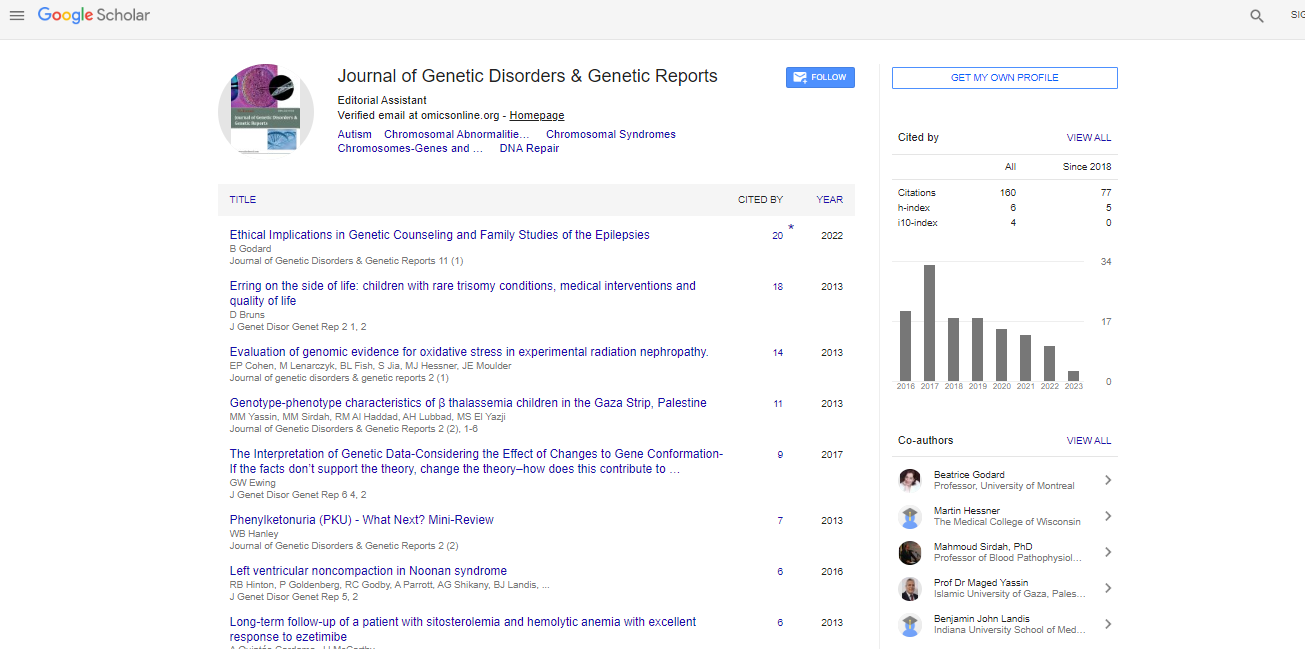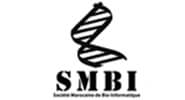Research Article, J Genet Disor Genet Rep Vol: 7 Issue: 1
Association of HLA Typing with Nicotine Dependence by Extraction of Salivary DNA among Indian Population
Purohit A1*, Purohit BM1, Mani A2 and Bhambal A1
1Department of Public Health Dentistry, People’s College of Dental Sciences, Peoples University, Bhopal, India
2Centre for Scientific Research and Development, People’s University, Bhopal, India
*Corresponding Author : Purohit A
Department of Public Health Dentistry, People’s College of Dental Sciences, Peoples University, Bhopal, India
Tel: +(91) 9893836102
E-mail: abhishekpurohit3@gmail.com
Received: April 05, 2018 Accepted: May 04, 2018 Published: May 11, 2018
Citation: Purohit A, Purohit BM, Mani A, Bhambal A (2018) Association of HLA Typing with Nicotine Dependence by Extraction of Salivary DNA among Indian Population. J Genet Disor Genet Rep 7:1. doi: 10.4172/2327-5790.1000170
Abstract
Objectives
Tobacco smoking is one of the major public health problems the world facing today. With more and more diseases being associated with alleles of the human leukocyte antigens (HLA) region than any other genetic region, objective of the study was to explore genetic association of smoking behavior with specific HLA Class II DQB1*0503 and HLA DRB1*0301 alleles.
Methods Genomic DNA was extracted from saliva of 39 patients divided among tobacco smokers and controls. This was followed by PCR with sequence specific primer of HLA-DQB1*0503 and HLA DRB1*0301 allele, visualized under 2% agarose gel.
Results
Significant difference was observed between tobacco smokers and controls with 28% cases showing presence of HLA DRB1*0301 allele and 13 (52%) of them having DQB1*0503 allele (p<0.001).
Conclusion
HLA-DRB1*0301 and HLA-DQB1*0503 are significantly associated with susceptibility to smoking behavior. Study findings might prove to be a significant step towards understanding the biology behind smoking behavior and provide an insight into utilizing these alleles as molecular markers and develop individual tailored genetic counselling.
 Spanish
Spanish  Chinese
Chinese  Russian
Russian  German
German  French
French  Japanese
Japanese  Portuguese
Portuguese  Hindi
Hindi 



